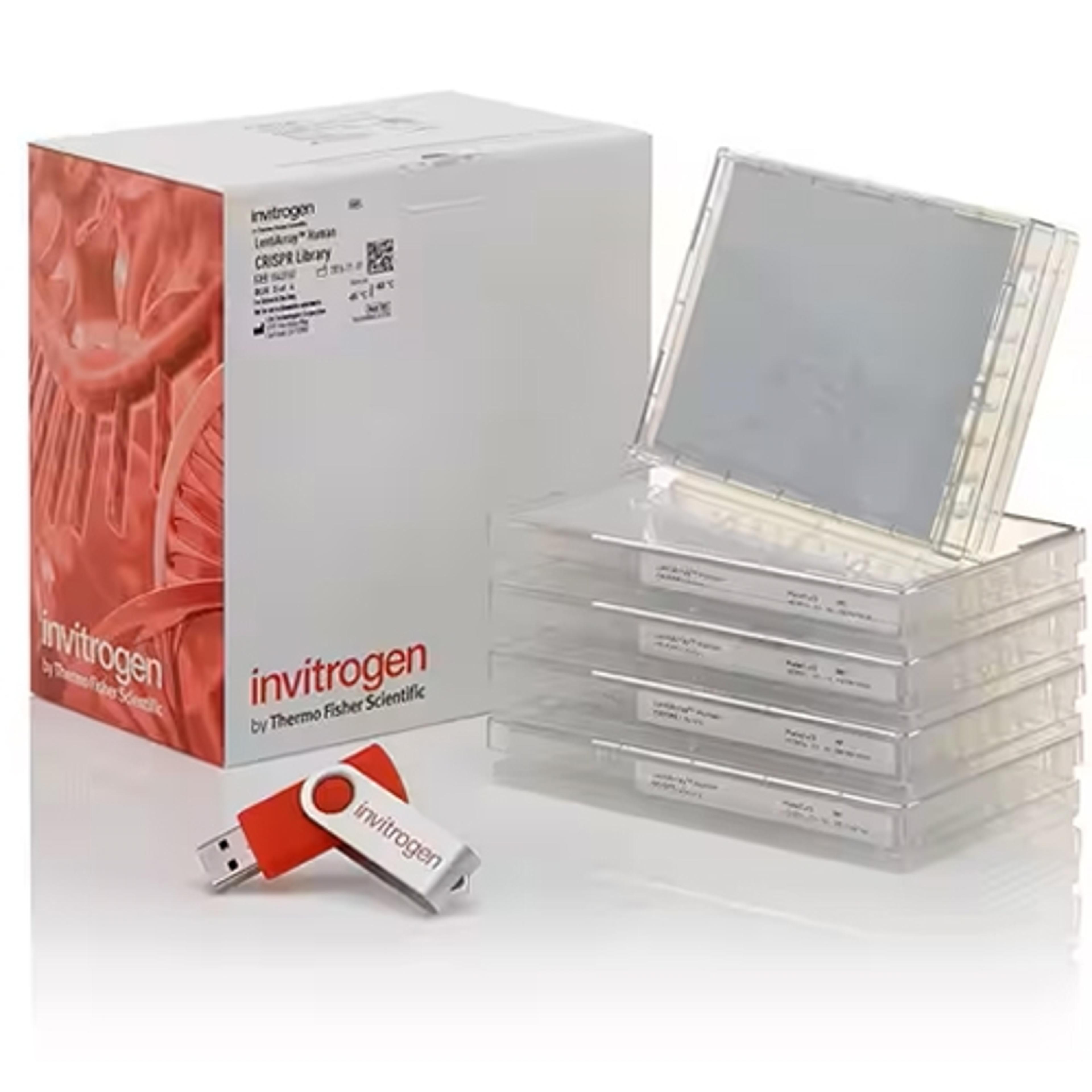Complete adeno-associated virus (AAV) production system enables scalable gene therapy workflows
The new Gibco AAV-MAX Helper Free AAV Production System from Thermo Fisher Scientific helps reduce production costs and streamline the transition from research to clinical environments
20 Sept 2021To address the need to make adeno-associated virus (AAV) production more efficient and scalable, Thermo Fisher Scientific has launched the integrated Gibco AAV-MAX Helper Free AAV Production System. This complete, optimized solution simplifies the AAV vector production workflow. The all-in-one AAV-MAX system increases productivity and cost efficiency by delivering high viral titres using Viral Production Cells 2.0, a new, clonally documented, 293F-derived mammalian cell line.
AAV is crucial to gene therapy; more than 1,300 unique gene therapy products are currently under development, and nearly half are reliant on AAV. The ability to scale production is critical to bringing down costs and accelerating research to commercialization.
Amy Butler, President of the Biosciences Division at Thermo Fisher, said: "AAV has an efficacy and safety profile that makes it an ideal therapeutic vector and one of the go-to biological delivery methods for the latest gene therapy breakthroughs. The new AAV production system is part of our end-to-end workflow solutions to meet the growing demand for cost-effective, scalable viral vector production. Having access to products and services designed specifically for cell and gene therapy research, with a line of sight to clinical manufacturing, empowers our biotech and biopharmaceutical partners."
The AAV-MAX system has been developed to scale from shake flasks to bioreactors. The system is designed to streamline the transition from research to commercial manufacturing when coupled with the active development of regulatory-compliant reagents. On average, the system can save viral vector researchers and developers 25% on plasmid DNA usage and 50% on production costs compared to polyethyleneimine (PEI)-based mammalian production systems. When used in conjunction with Thermo Fisher's expanded gene therapy portfolio of products, developers can smoothly ramp up to commercial production to help deliver therapies to patients.
Want the latest science news straight to your inbox? Become a SelectScience member for free today>>

